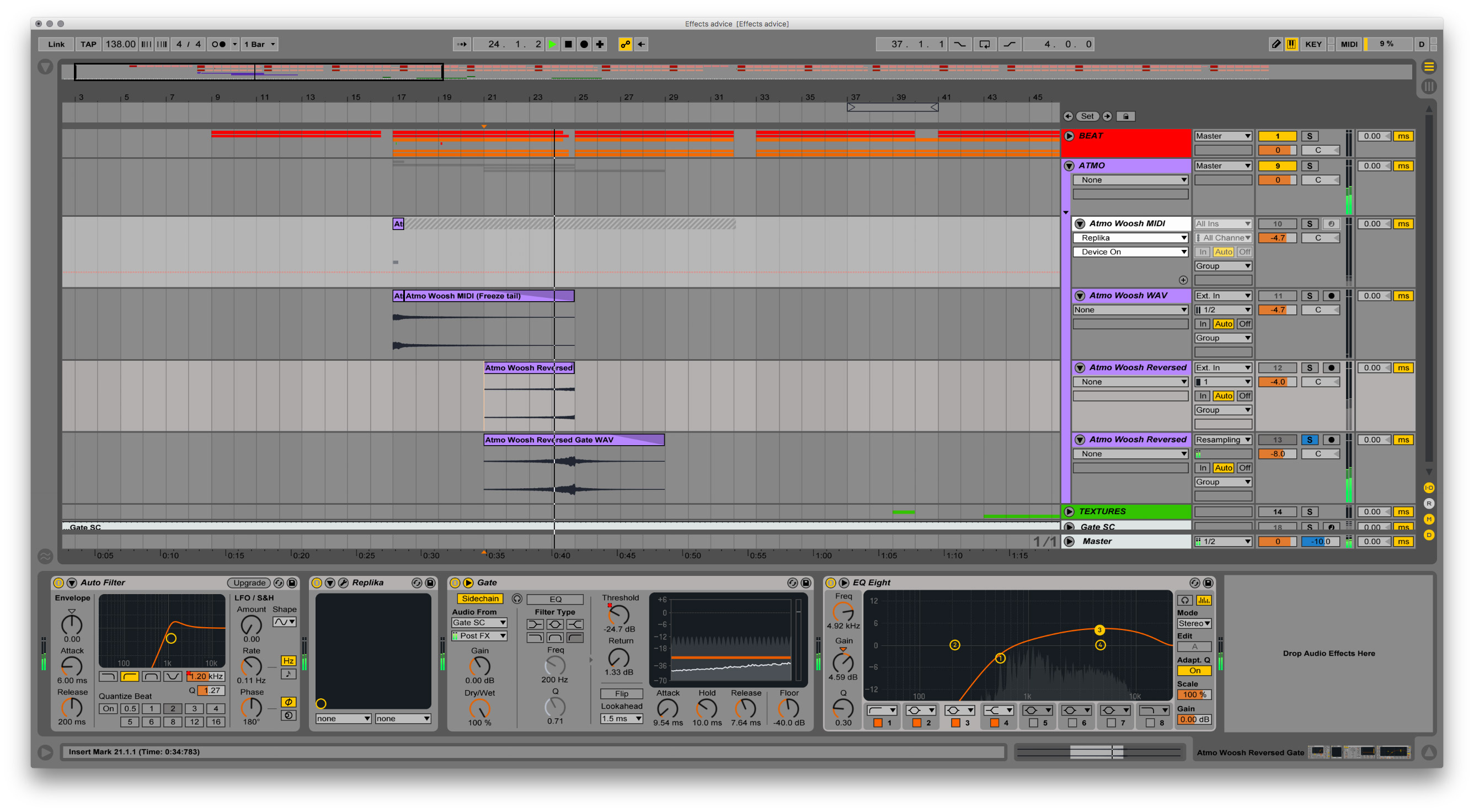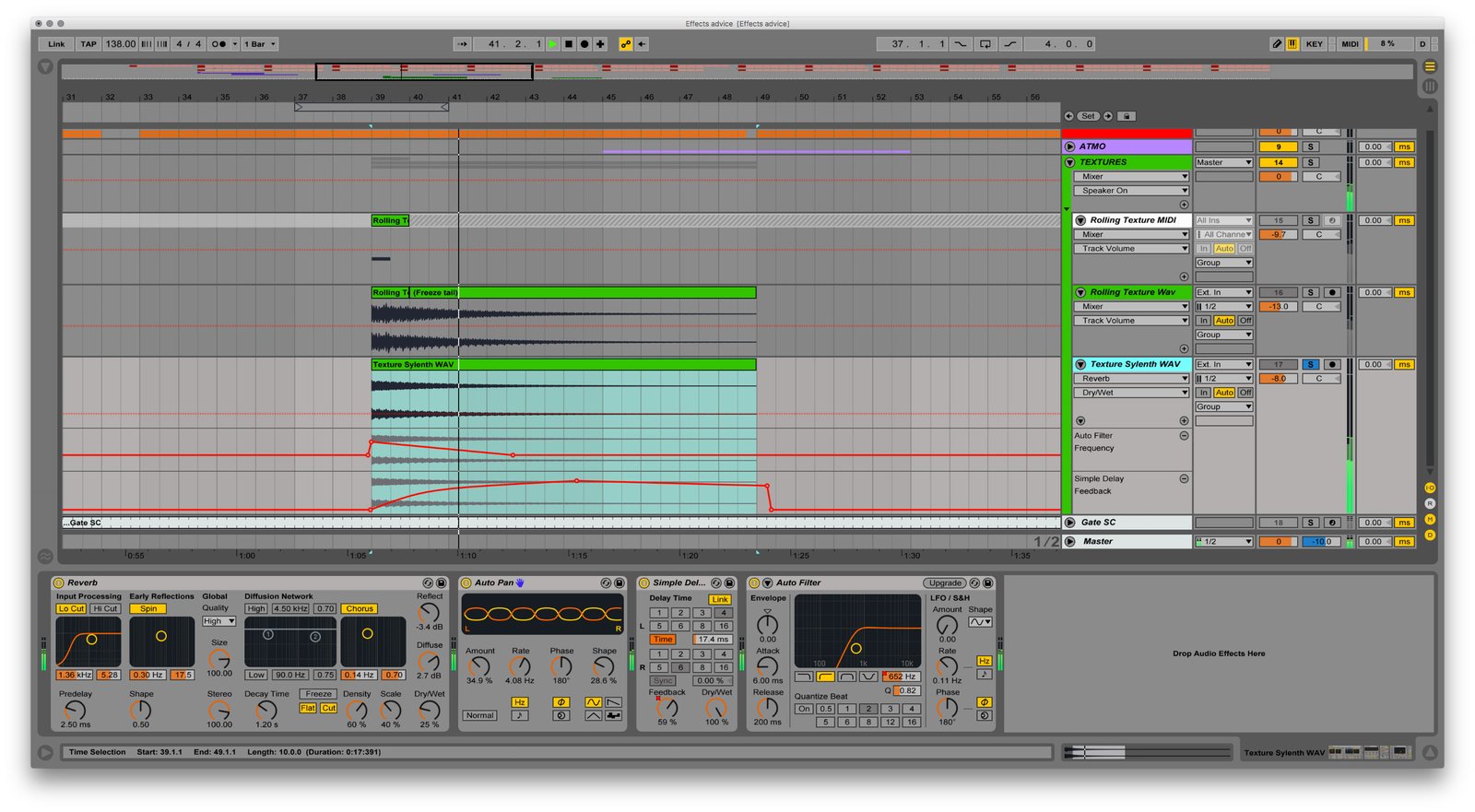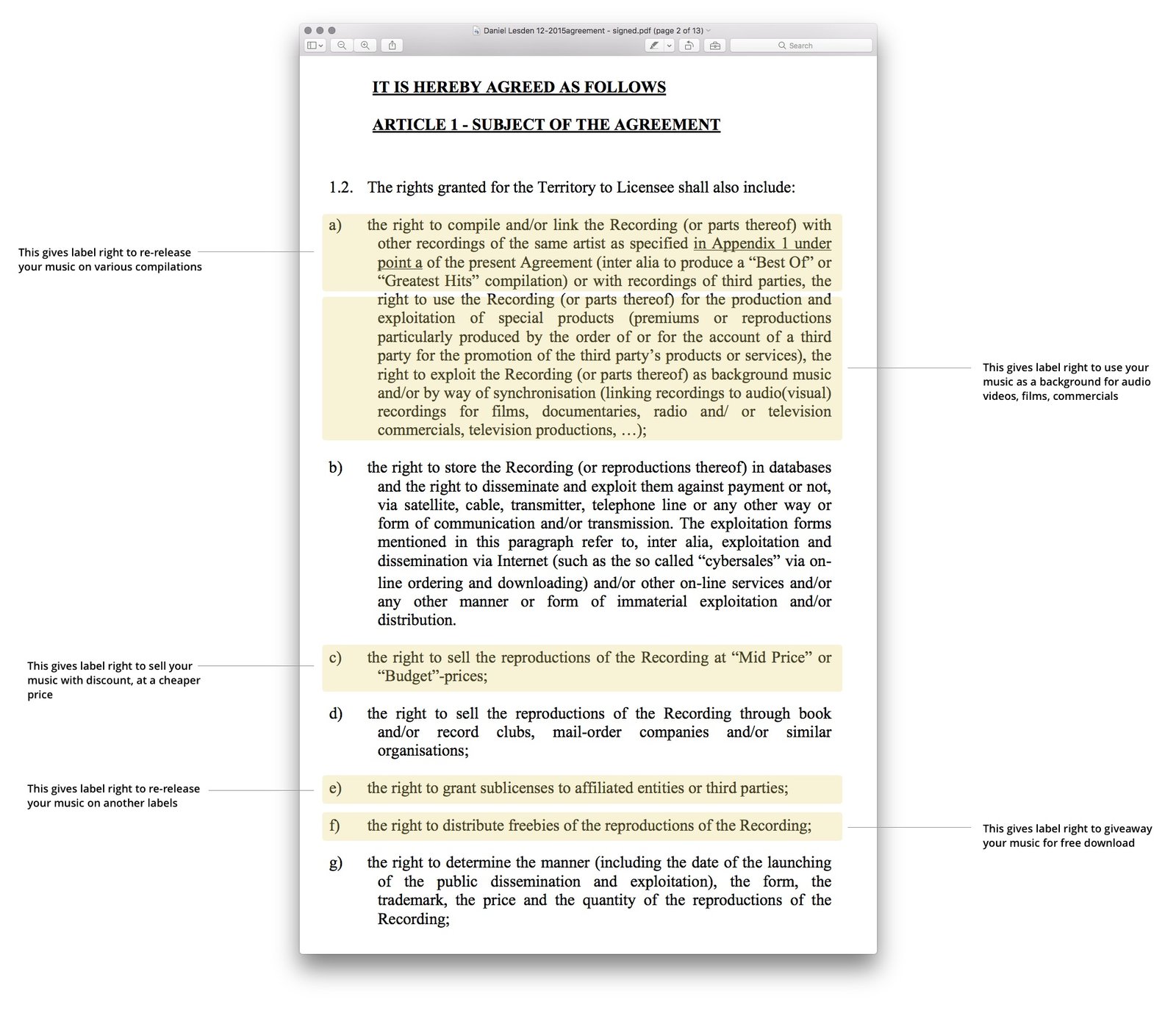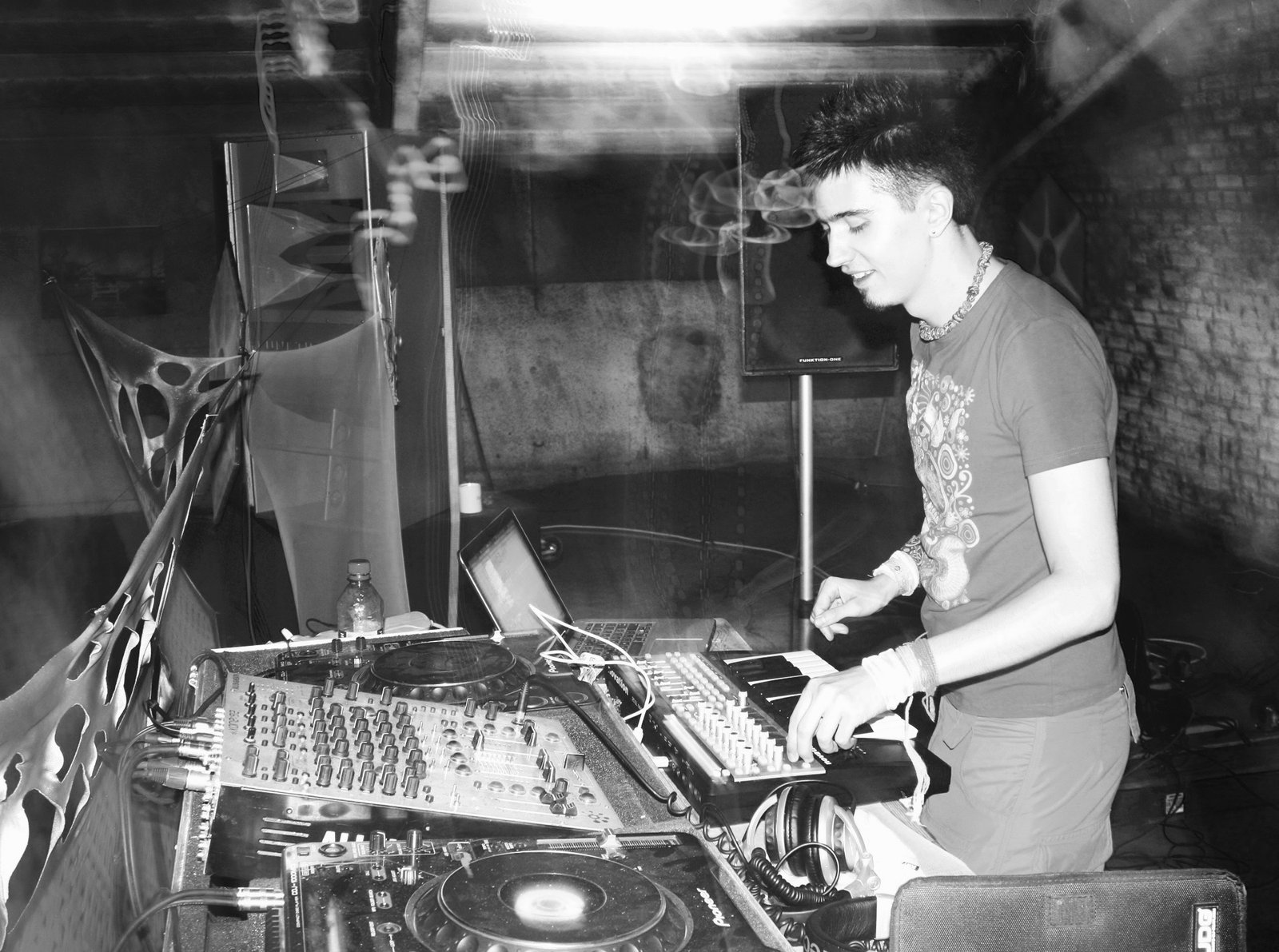Making atmospheric effects
Hey Daniel, I’ve always wondered how does well-known psy-producers (such as yourself) create atmospheric SFX? This also includes complex zaps, squelches, just the overall SFX that you often hear in today’s psy-trance. How is it made? Do you make it from scratch? Or use samples? Thanks :)
Timothy Bourne
Timothy, I can’t speak how other producers do their atmospheric effects, I can only tell how I do this. It’s also hard to say how to make some sound without knowing exactly what kind of sound do you mean by ‘atmospheric effects’, so I’ll go over general idea.
In my opinion, two things are crucial for making effects: knowing how to use audio processing devices and creativity. If you know how to use reverb, delay, gate, compressor, phaser, vocoder etc, you can turn pretty much anything into an effect.
Here are a few examples of how I do atmospheric effects in my production.
Reversed ‘woosh’ with gate
A simple detuned chord stab:
Adjusting ADSR envelopes and adding a long reverb:
Then I reverse it and add some gate:

Rolling texture
Now something different, with more texture. I’ll start with some simple saw wave stab with a bandpass filter:
Then I turn on the arpeggio to add some rolling pattern, and also add some long delay to keep this roll going longer:
This already sounds good to me, but we can make it more interesting by adding a high-pass filter and a pinch of metallic flavor:

Pitch-shifted gate pad
For this example I’ll take some ordinary string:
We can achieve some interesting pitch-shifted effect simply by modulation Pitch-bend wheel on top of some extra reverb:
Let’s make this effect more driving by adding gate:

Background atmo lead
Now let’s try to change some ordinary lead into a smooth background atmospheric effect:
Tweak the synth a bit, add reverb, filter automation, and auto pan as a ‘sidechain’ effect, and we’ll get this:
Just to put into perspective:

This is it, that’s how I usually do effects. This is not a ‘how-to’ guide, but rather just one of the way of making it, approach.
Some of these examples are taken from my forthcoming album
Zaps and squelches you’ve mentioned have a slightly different approach, it’s more about synthesis rather than processing and maybe I’ll go over it next time.





Some great tips there Daniel, thanks :) Didn’t know about using the gate with a sidechain.
If you want some more ideas about FX creation, there’s some great tutorials on Psilocybian’s youtube channel.
This is a very informative article thanks daniel for this wonderful article would love to see a couple of more wonderful and informative articles.
You’re a great person to share your way of producing.
Hi Daniel, first of all thank you very much for sharing this tips.
I have several question and please accept my appologies if I am being to greedy...
My question is that I could not emulate that rolling texture fx, I´m really intrigued!
I tried doing it using zebra but the chord stab just does not sound the same, can you tell me what was the notes/chord combination used in the example?
It seems you did it using sylenth, I´ve downloaded the demo but could not achieve that punchie simple saw wave stab, have you used a sort of cut off envelope in the band pass filter?
The arpeggio you used in the rolling pattern is it a simple pattern native to the synth?
It seems you completed the trick with the long delay, which I could not emulate either, was it an external vst with panning triplets (something like 1/8 trip) in one side and normal in the other (like 1/4)?
Again, thank you very much!
Sincerely,
O.
There are no chords or notes, it’s just a built-in arpeggiator going straight on 1/16th with 50% gate.
Yes, there’s Bandpass filter, basically like is what makes it sound like that.
This is a straight delay on 1/8 with a large amount of feedback, with no sides nor panning.
Thank you for replying!
Ok, I am enlightned about the arpeggiator and delay but...
I am still not convinced about the first step :) In the example “a simple saw stab” (the 1st step you mention in the rolling texture fx), that apparently simple stab seems a chord (maybe minor), or a combination of notes, or was it an already made stab sample you used? Can you explain exactly how you did it and which synth/synthesis settings you used in that first step (it seems to be made in Sylenth or Spire)?
I know it must have been very simple, but I ´ve not been able to do it past 2 hours messing in sylenth and zebra, playing around filter cut off and envelope modulation values :P I used the saw oscillator as mentioned with a band pass filter with a minor chord but it just does not sound the same.
Without understanding that 1st step I simply cannot achieve the intended subsequent overall results,
maybe you could post a screenshot of the synthesizer settings?
Oktave, there you go:
Ok :) I can see the matrix clearly now,
thank you again!
Hello Daniel,
super advices. And your music is great.
What do you mean with adding a pinch of metallic flavor?
I have searched plugins and tutorials about this, but I find nothing.
Use you a plugin?
hey Daniel! thanks for your blog, it´s just awesome.
I got a question tho:
How did you tweak the synth to go from the ordinary saw lead to that beautiful atmosphere?
greetings Luca